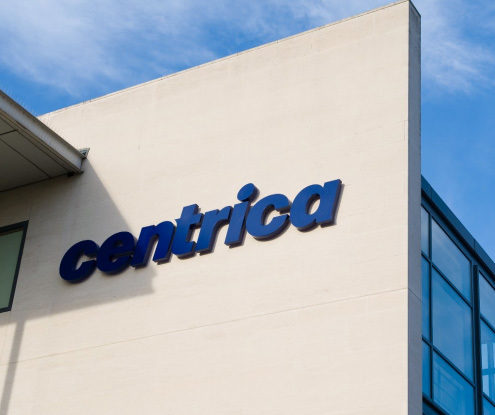
It was all about preparing for “post-easy oil” at ADIPEC yesterday.
According to industry leaders from Taqa, BP, ADMA-OPCO and KNOC, the days of “easy” oil are over.
James McCallum, CEO of Senergy participated in a panel discussion at ADNOC’s large and impressive stand which dominates the entrance to ADIPEC. The subject was the role of research and development in the post-easy oil era with a focus on enhanced oil recovery and unconventionals.
As the only service company on a panel comprising senior figures from ADNOC, Total and Maersk, James spoke about the importance of the service sector in the development of technology and innovative ways of maximising recovery of reserves. He believes that we are moving into a more collaborative, rather than competitive environment which is good news for the sector but leadership in the industry is still required to drive collaboration and deal with the issue of protectionism.
This was the perfect plug for ITF (Industry Technology Facilitator) which is working in the region to bring together operators and service companies with developers to identify the industry’s technology needs and facilitate their development. ITF’s growing membership is working to tackle specific technology challenges being faced in the Middle-east such as water management, asset integrity and enhanced oil recovery and Ryan McPherson at ITF was on the ball in terms of highlighting their model and success to the panel and the 60-strong audience.
Senergy believes that the industry has to get better at learning lessons and pooling existing knowledge. James said that if best practice were to be more widely shared and implemented across the global oil and gas industry, a significant shift in production could be achieved. For example, the tools, technologies and expertise for optimising production could be more widely shared and as well as focusing on new plays, the industry could dramatically change current production levels by concentrating on seeking to increase the production of existing wells by as little as 2%.
In a refreshingly frank discussion, the panellists talked about the need to invest more in new R&D, work more collaboratively, whilst recognising the challenges of intellectual property and shortage of skills. Total outlined its plans to invest $8.8billion in R&D by 2017 to be well positioned to meet demand for energy which it estimates will by 32%.
I asked the panel their views on risk. In the North Sea, it is widely recognised that operators are not keen to be first, preferring to be second in terms of implementing new ways of working and introducing new technology. This aversion to risk seems contrary to their R&D investment plans given there is a high element of risk required in trialling and bringing new technology to market.
Maersk agreed that the industry was too conservative and that had to change. ADNOC talked about driving a cultural change, recognising that you have to try and fail and try again and that it is all about a continuous process. Prioritisation of the R&D budget and the need to strike the right balance between upstream, downstream, EOR and on-going maintenance and optimisation of existing assets was a major factor.
Over at the Scottish Pavillion, the crowds were building in anticipation of the arrival of HRH Prince Andrew, the Duke of York. The Prince was on a tour of ADIPEC to help promote British businesses in the UAE and he spent considerable time talking to exhibitors. His message of the need to invest in human capital was particularly welcomed by the Scottish Universities and training providers with whom he chatted knowledgeably.
Stressing the solid and long-standing relationship between the UAE and the UK in the field of oil and gas, Prince Andrew highlighted the growing importance of platforms for energy dialogue, and ADIPEC’s unique ability to work across the global energy spectrum.
An advocate for a diversified energy mix, much of the Duke of York’s address focused on the importance of investing in the future through the cultivation of human capital.
He said: “I know Abu Dhabi is just as passionate about investing in its young people, as we are in the UK. It is these young people who will take up the challenges of meeting our future energy requirements.I am positive that the discussions you have here at ADIPEC will focus on the importance of encouraging young people in the region and elsewhere, to help meet the energy needs of the 21st century.”
I am off to rest my human capital in anticipation of another busy day tomorrow when, for me, it will all be about promoting the OPITO safety and competency conference to be held in Abu Dhabi next week.
